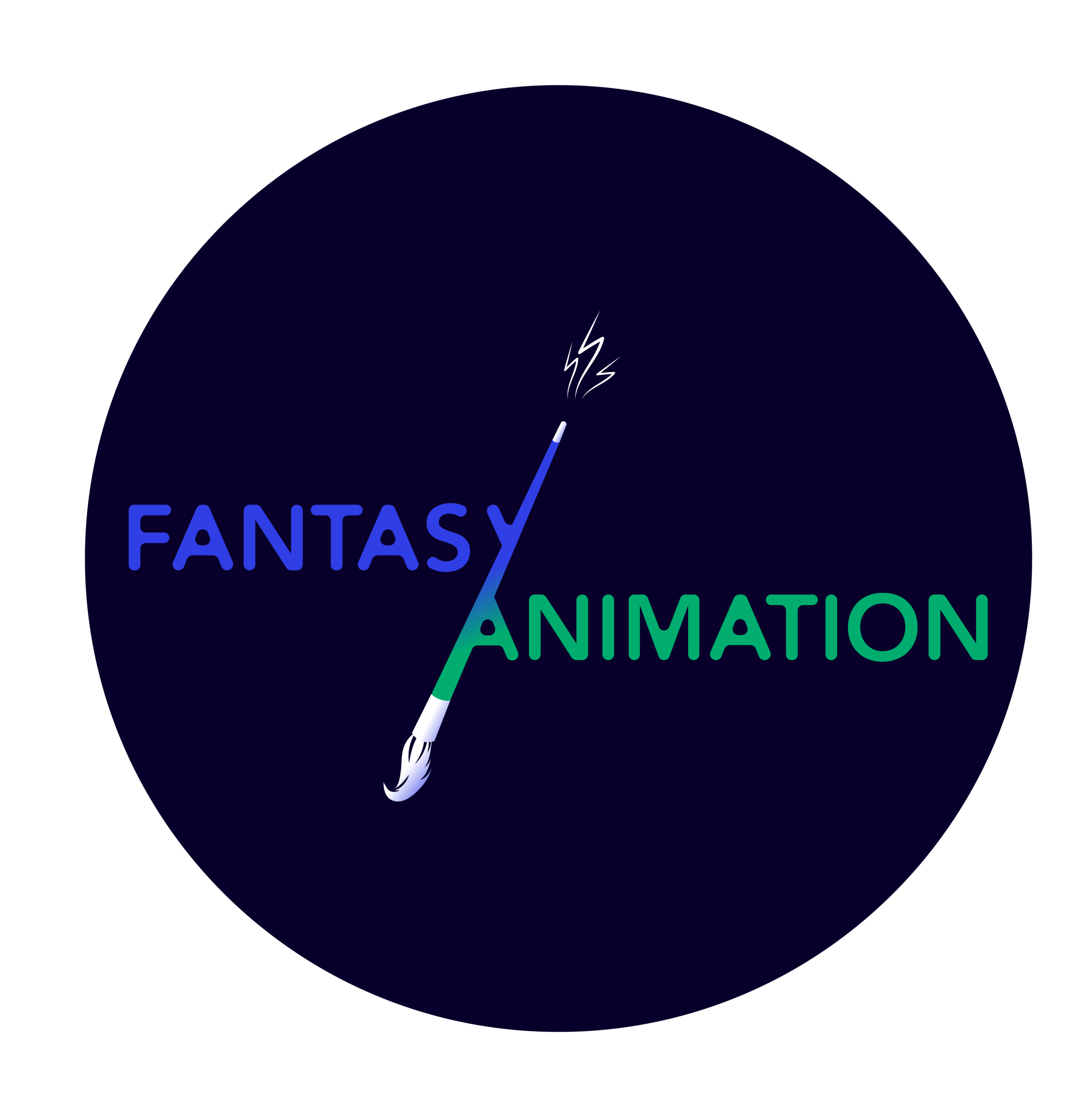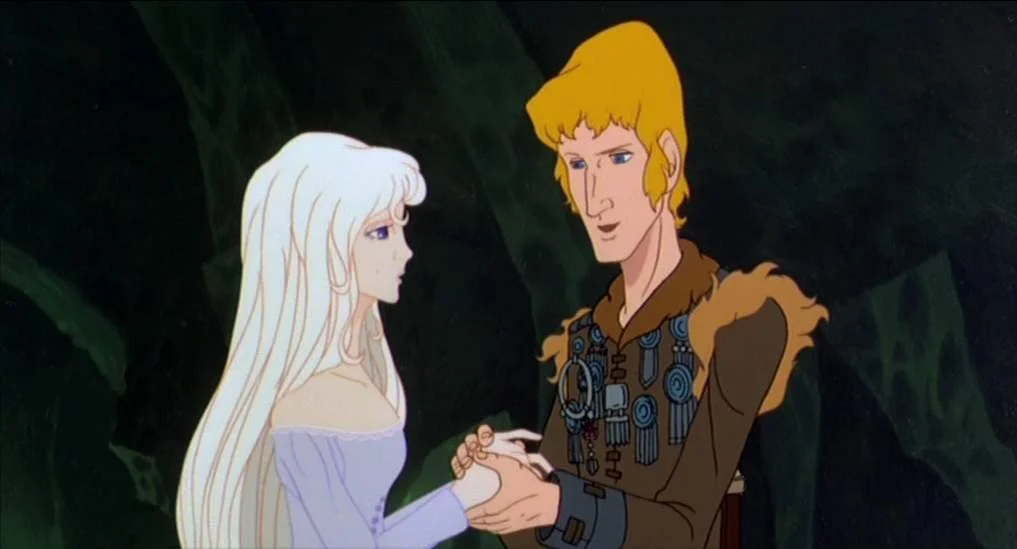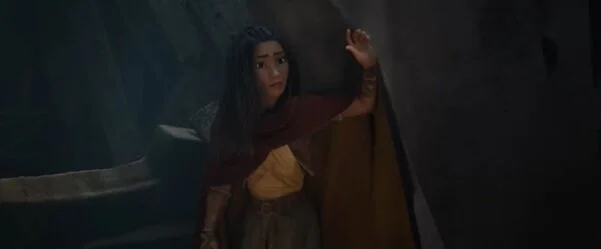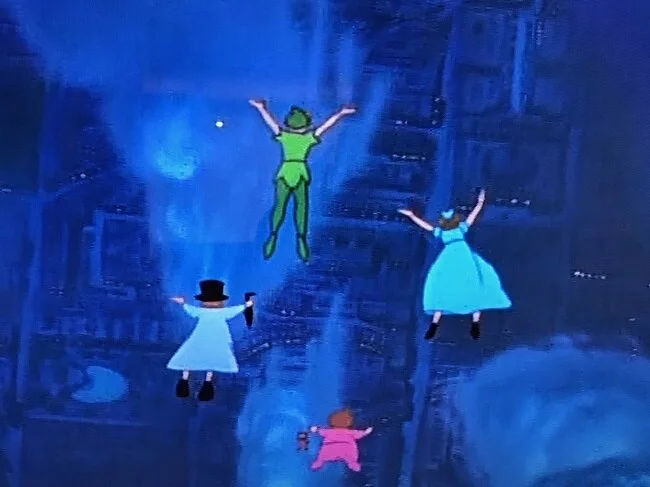The focus of these notes is the animated feature film, Strange Magic (Gary Rydstrom, 2015). Based upon a screen story by George Lucas, who also executive produced the film, it was the last of a group of narratively unconnected animated features that he had an involvement with since the 1980s: namely, Twice Upon A Time (John Korty & Charles Swenson, 1983), The Land Before Time (Don Bluth, 1988), and Star Wars: The Clone Wars (Dave Filoni, 2008).
Read MoreThe Last Unicorn is a fantasy feature-length animation that studies the essence of mortality. Adapted from Peter S. Beagle’s 1968 novel of the same name, it was produced by Rankin and Bass Production in 1982 and animated by Topcraft, the Japanese studio that would later splinter to become Studio Ghibli. The film follows an immortal unicorn’s journey to find the rest of her species, and it is in representing her interactions and personal struggle with the other characters she encounters, The Last Unicorn weaves an allegorical tale about the nature of humanity and the framework of mortality. Throughout her journey, the unicorn encounters characters wrestling with their own brief lives, and after an eternity of eternal youth confronts what a mortal life truly means. As I will demonstrate in this blog post, The Last Unicorn is a complex piece of memento mori literature due to its profound and intricate explorations of death, immortality, and the essence of a transient life.
Read MoreThe overall argument of Matthew Oliver’s Magic Words, Magic Worlds (2022) is that the style of epic fantasy shapes readers’ experiences in what he broadly calls “political ways” (26). Politics here includes the identity positions that authors, readers and characters can take, and empathy is discussed as one of the prime mechanisms facilitating such political involvement.
Read MoreEncanto (Byron Howard & Jared Bush, 2021), Disney’s 60th animated film inspired by Latin-American culture tells the story of a magical family, the family Madrigal. The narrative follows the dynamics of the Madrigal family tree across generations in the town of Encanto, ultimately spearheaded by 15-year-old Mirabel, the only member of the family without magical powers.
Read MoreBeing Colombian is an act of faith. This is how Jorge Luis Borges aptly puts it in his short story ‘Ulrikke,’ published in a 1975 collection. And although I have felt that my identity as a Colombian has always been somewhat unstable or in doubt for a variety of reasons (like growing up in an increasingly globalized world), it was never as affirmed as it was when I went to the cinema to see Disney’s recent computer-animated feature Encanto (Byron Howard & Jared Bush, 2021) in the UK.
Read MoreIn his business memoir, Bob Iger, the (former?) CEO of The Walt Disney Company, raised a question in connection with Disney princesses: “[w]hat are the attributes of a Disney princess in today’s world and how should they manifest in our products?” (Iger 2019, xx). Iger’s query outlines both the commodification of the Disney princess, and the notion that her portrayal must reflect the societal changes of the 21st century.
Read MoreWhen I heard Lava’s premise, I was intrigued. Giant alien cats launching an attack on Earth? You’ve got my attention! (To be honest, anything that features cats will at least get a glance from me.) Though I was lured in by the promise of extraterrestrial felines and madcap entertainment, I was disappointed to find Lava poorly paced, dubiously constructed, and falling short of its loftier thematic goals.
Read MoreThe films of postwar Hollywood often featured wanderers, characters who were “trying to leave behind the tensions of a modern world for the clarity of another place; a place outside history” (Polan 1986, 264). While this character type and narrative structure primarily materialised as a foray from urban spaces out to the country or a transatlantic trip to a different continent, occasionally the stresses of the world merited a journey completely outside reality, depositing characters into fantasy realms.
Read More







